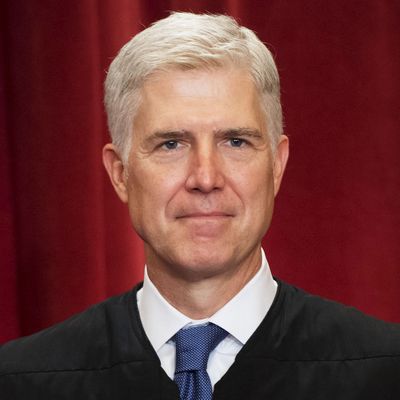
Like a bad recurring nightmare, a case that could significantly damage the labor movement’s most vibrant segment, public-sector unions, will be heard again at the U.S. Supreme Court this autumn. Janus v. AFSCME is the latest in a series of efforts by conservative anti-union groups to overturn a 1977 Supreme Court decision extending to unions for state and local government workers the right to collect “fair share” fees from nonmembers who benefit from the union’s collective-bargaining activities, so long as fees for political activities remain voluntary.
In a 2014, a 5-4 SCOTUS majority restricted these fair share obligations to full-time government employees, but stopped short of banning such fees generally. In 2016, a suit brought by California teachers was almost universally expected to produce a full-on reversal of the 1977 holding, but the death of Justice Antonin Scalia left the Court deadlocked 4-4 on the case, leaving a circuit court decision in favor of the union in place.
While the Janus case involves a different plaintiff from a different state (Illinois), the argument is the same: Collective bargaining by public-sector unions inherently involves political issues that trigger First Amendment rights, just like the overtly political union activities that nonmembers have long had the right to refuse to help pay for. To put it another way, conservatives argue that nonmembers who benefit from a public-sector union’s collective-bargaining efforts have a constitutional right to be “free riders.”
Now that Neil Gorsuch has reestablished the conservative majority on the Court, there is little doubt that last year’s 4-4 deadlock in the California case will become a 5-4 majority in Janus, overruling the 1977 decision and liberating state and local employees from the inconvenience of helping to defray costs associated with obtaining the wages, benefits, and workplace protections they enjoy. Like a lot of conservative First Amendment jurisprudence these days (viz Citizens United, which cloaked unlimited campaign spending in constitutional protections), the likely decision may defy common sense or fundamental fairness. But to those who view unions as eternally pesky enemies of job creators, and public-sector unions as self-serving champions of socialism, the end justifies the means.
And if this case unfolds as expected, the widespread conservative belief that Donald Trump’s impact on the federal courts outweighs many of the less fortunate aspects of his presidency will gain strength.






























